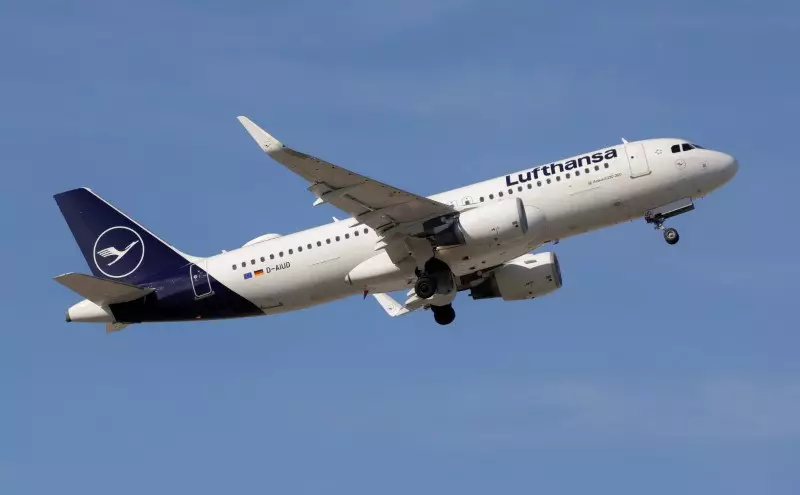The recent concerns over a potential wider conflict in the Middle East have led to a significant impact on international airlines. Many airlines have had to adjust their services to and from the region in response to the escalating tensions. These adjustments have resulted in flight suspensions, reroutes, and cancellations that have disrupted travel plans for passengers and caused financial losses for the airlines.
A number of major global airlines have been forced to suspend flights to and from affected areas. Airlines like Aegean Airlines, Air France-KLM, and United Airlines have all announced the suspension of flights to Tel Aviv, Beirut, Amman, and other Middle Eastern destinations. These suspensions are intended to ensure the safety and security of passengers and crew in light of the volatile situation in the region.
The financial impact of these flight adjustments cannot be underestimated. Airlines are losing revenue from the suspended flights and are incurring additional costs from rerouting flights to avoid affected air spaces. This can have a significant impact on the profitability and financial stability of the airlines, particularly at a time when the industry is already facing challenges due to the COVID-19 pandemic.
The flight suspensions and cancellations have also caused disruption for passengers who had travel plans to or from the Middle East. Many travelers have had to rebook their flights or find alternative routes to reach their destinations, leading to inconvenience and uncertainty. This has created a difficult situation for passengers and has required airlines to work quickly to find solutions for those affected.
The long-term implications of these flight adjustments remain to be seen. Depending on how the situation in the Middle East evolves, airlines may need to consider extending the suspensions or adjusting their services further. This could have lasting effects on the airlines’ routes, schedules, and financial performance, impacting not only the airlines themselves but also the broader aviation industry.
The impact of the regional conflict in the Middle East on international airlines is significant and far-reaching. The flight adjustments made by airlines in response to the escalating tensions have disrupted travel plans, caused financial losses, and created uncertainty for passengers. The long-term implications of these adjustments remain uncertain, but it is clear that the conflict in the region has had a profound impact on the aviation industry as a whole.

